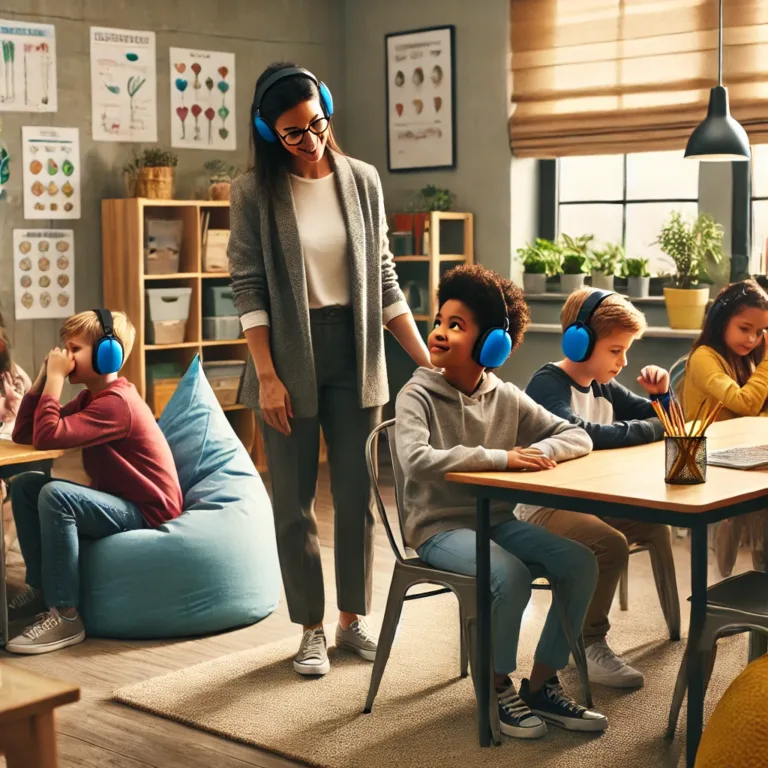No products in the cart.
How Older Kids in School Can Have a Positive Impact on Younger Kid’s Mental Health
In the educational ecosystem, older students hold the potential to be much more than just seniors; they can be mentors, role models, and key players in fostering a positive mental health environment for younger students. This article explores the multifaceted ways in which older students can positively influence the mental health and overall well-being of their younger peers, contributing to a supportive and nurturing school culture.
The Power of Peer Influence
Peer influence is a powerful force during the school years, impacting everything from academic motivation to social behaviors. When older students model positive behavior, including healthy coping mechanisms and emotional intelligence, younger students are more likely to emulate these traits. This dynamic sets the foundation for a school environment where mental wellness is prioritized and stigma around seeking help is diminished.
Mentoring Programs: Bridging the Gap
Mentoring programs, where older students are paired with younger ones, offer structured opportunities for positive interactions. These programs can provide younger students with a safe space to express their concerns and challenges, knowing they have the support of an empathetic older peer. For the mentors, this responsibility nurtures a sense of purpose and belonging, enhancing their own mental health and leadership skills.
The Role of Older Students in Anti-Bullying Efforts
Bullying remains a significant concern in schools, with detrimental effects on mental health. Older students can play a crucial role in anti-bullying campaigns, acting as allies to younger students and helping to create a school environment where bullying is openly addressed and not tolerated. Their involvement can help younger students feel safer and more supported, reducing feelings of isolation and stress.
Fostering a Positive School Climate
Older students have the potential to influence the overall climate of a school significantly. By promoting values of kindness, respect, and inclusivity, they can contribute to a culture that supports mental health. This positive school climate helps younger students feel valued and accepted, which is crucial for their emotional and psychological development.
Encouraging Academic and Social Engagement
Engagement in school activities is linked to better mental health outcomes. Older students can encourage younger ones to participate in clubs, sports, and other extracurricular activities, providing them with avenues for social connection, physical activity, and personal growth. This engagement fosters a sense of community and belonging, key components of mental well-being.
Conclusion
The influence of older students on the mental health of their younger peers is profound and far-reaching. By acting as mentors, role models, and allies, they can help shape a school culture that supports mental wellness for all students. Encouraging these positive interactions not only benefits the individual students involved but also contributes to a healthier, more supportive school environment overall.
Sources:
- The Journal of School Health: Studies on peer mentoring programs and their impact on mental health.
- Adolescent Research Review: Research on the effects of school climate on student well-being.
- The American Journal of Public Health: Evidence supporting the benefits of peer support in schools.



